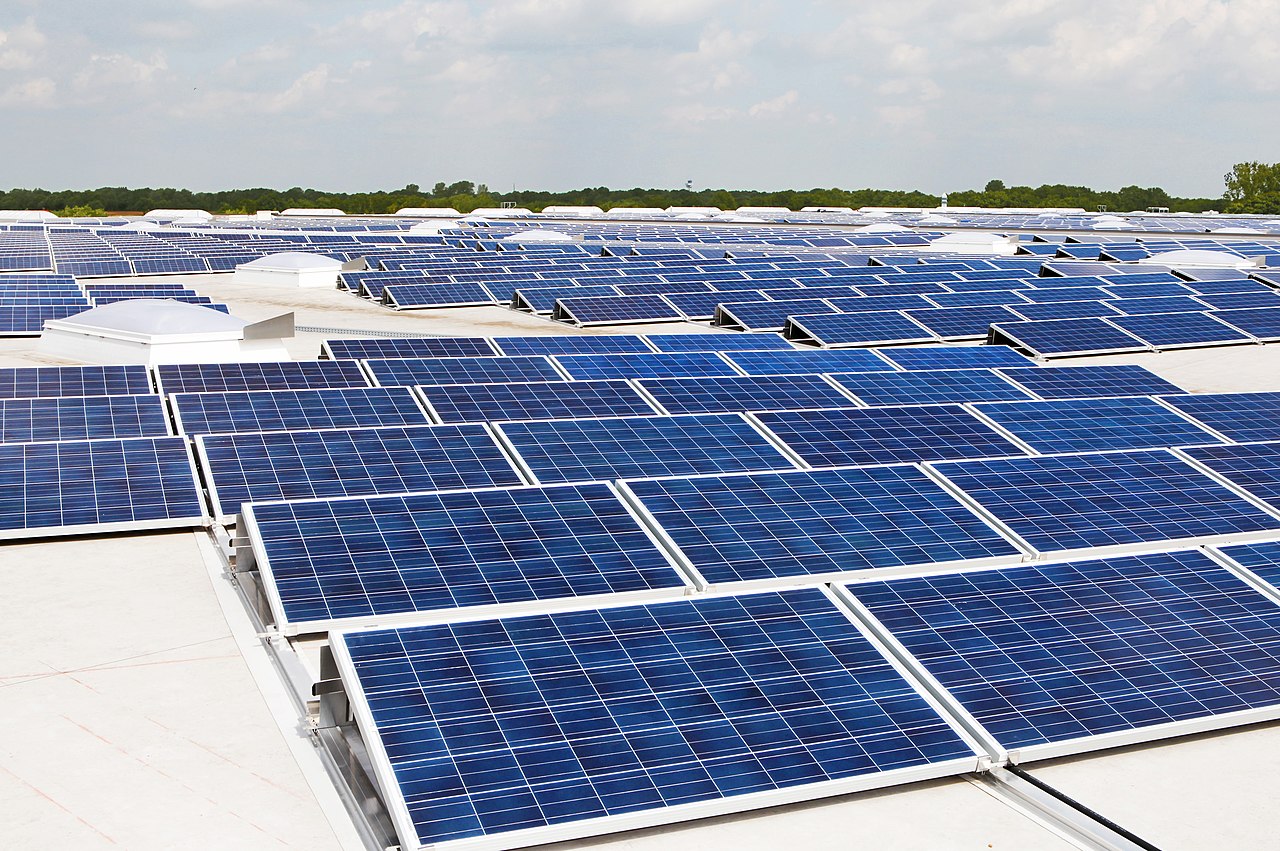
Even sea sports can bring a wave of environmental problems
As people enjoy their UK holidays this summer, they must remember to protect the environment, says Midlands green expert Ron Fox.
“Even surfing and paddleboarding in the sea, which seem very eco-friendly fun sports and a lifestyle that seems in tune with protecting the oceans, has its problems,” said Ron Fox, of Noreus Ltd.
He said the concern was the mass production of some polyurethane boards that are covered in toxic resins and synthetic rubber neoprene wetsuits. These are produced from petrochemicals which are non-biodegradable and can leave a significant carbon footprint.
It has also been estimated that more than 8,000 tonnes of these wetsuits end up in landfill every year. As well as the wetsuits last summer Keep Britain Tidy’s Ocean Recovery Project collected more than 1,000 discarded bodyboards on just a handful of beaches across the South West of England.
Ron said the problem was that cheap mass-produced boards can release thousands of tiny polystyrene balls into the environment when they break, posing a risk to wildlife.
One study estimated the manufacture of a traditional polyurethane board, covered with epoxy resins and exported across the globe, could be responsible for producing the equivalent of up to 250kg of carbon dioxide.
But the industry body, the Surf Industry Members Association, said it was working together to address the environmental impacts of the products the industry produces and to educate surfers about how they can make their boards last longer.
Manufacturers are now developing new sustainable boards manufactured out of recycled material or natural fibres – even mushrooms – and recyclable wetsuits made from natural rubber sourced from sustainable plantations.
Meanwhile, UK company Finisterre is developing a wetsuit made from recycled neoprene suits and has collected nearly 1,000 old suits to create a recycled rubber that they are now testing.
Ron, of Noreus Ltd on the University of Keele Science Innovation Park, said he supported seven times British women’s surf champion Lucy Campbell who said the top brands need to change and become more environmentally friendly.
To show how popular the sport is today the British Surfing Association, the sport’s governing body, says there are 500,000 regular surfers in the UK, and there are surfing waves all over the United Kingdom, from as far south as Sennen Cove in Cornwall right up to Thurso on the North coast of Scotland.
Some famous UK surf beaches include Fistral beach in Newquay, Cornwall; Pease Bay in Dunbar, Scotland; Llangennith beach on the Gower peninsula in South Wales and Boscombe pier in Dorset.
“We don’t want to spoil peoples’ holidays, but we do need to make them aware of some of the not-so-obvious environmental problems when they are enjoying our beautiful beaches,” concluded Ron.
If you want any advice on green solutions for both your home and your leisure, contact Ron on 0845 474 6641.
Caption: On the crest of a wave – but make sure your surfboards and paddleboard are environmentally friendly.




